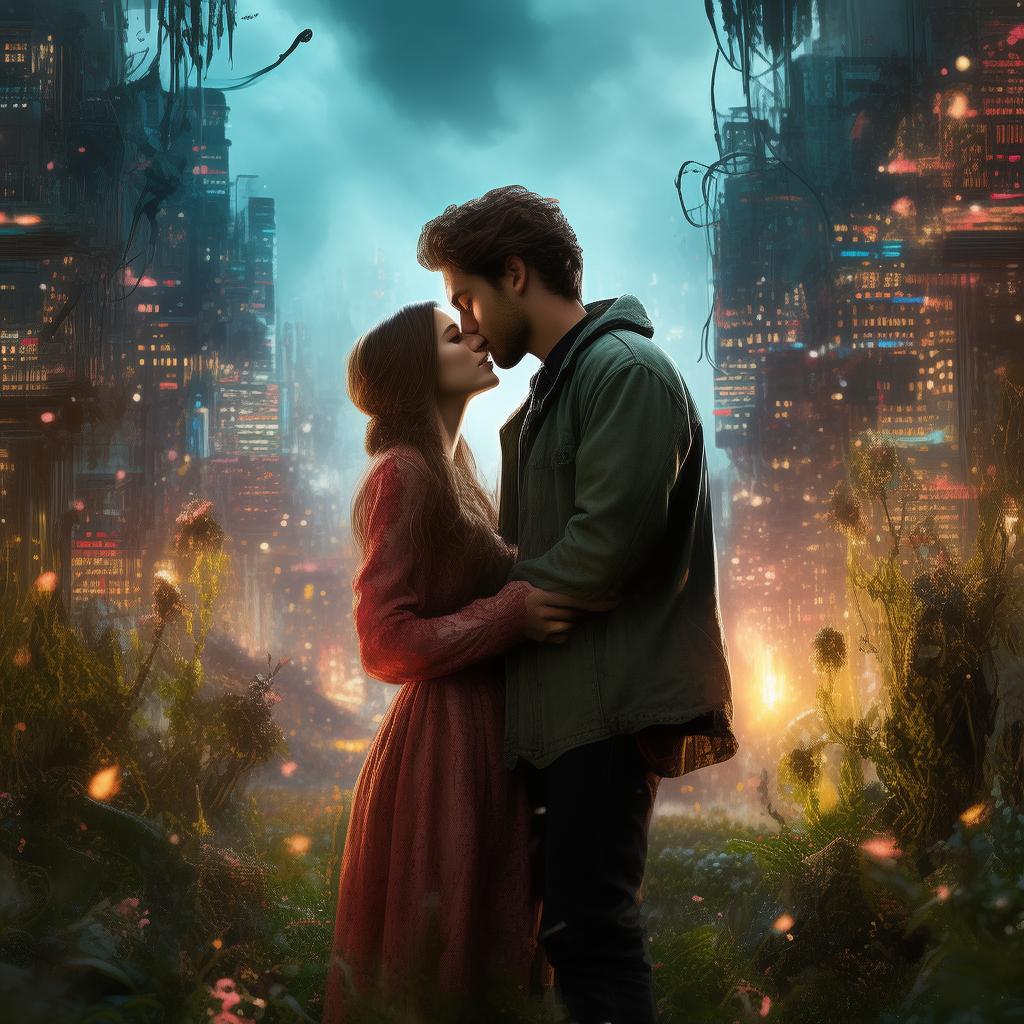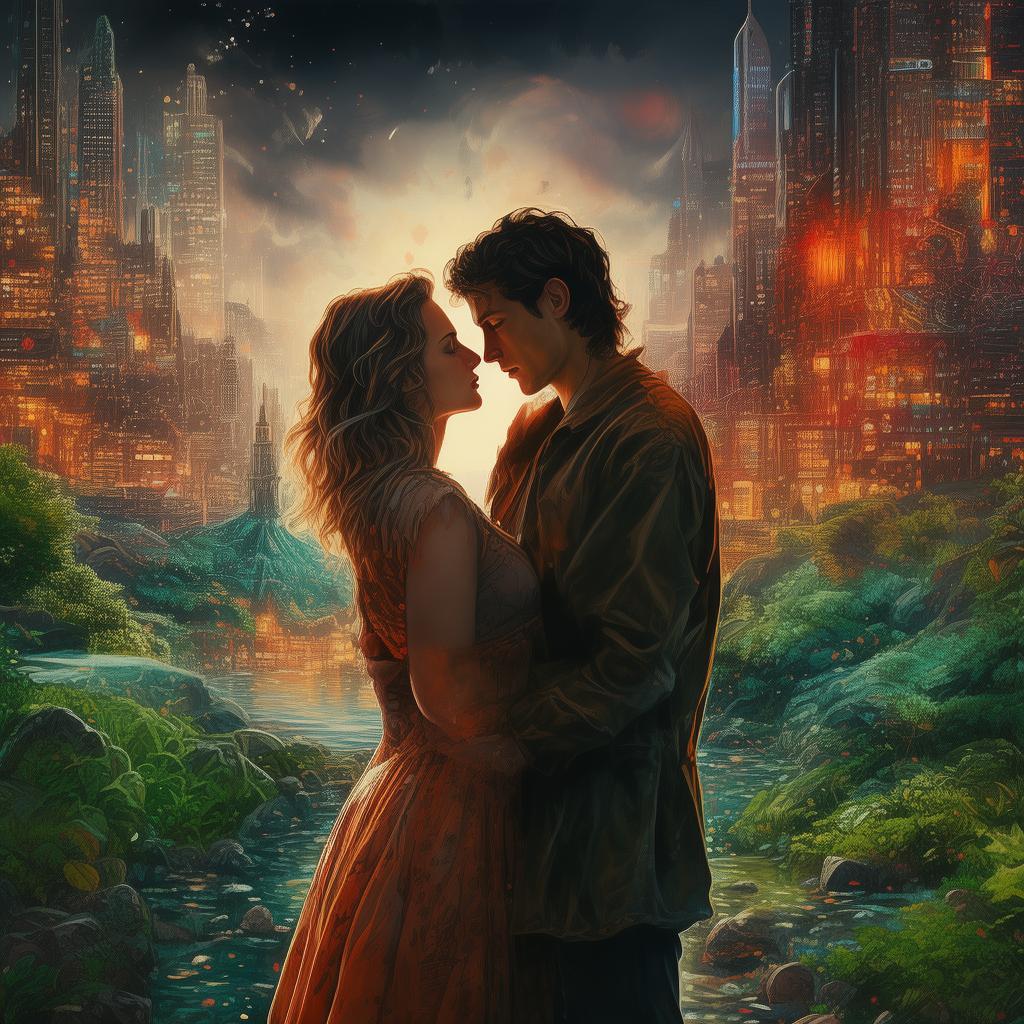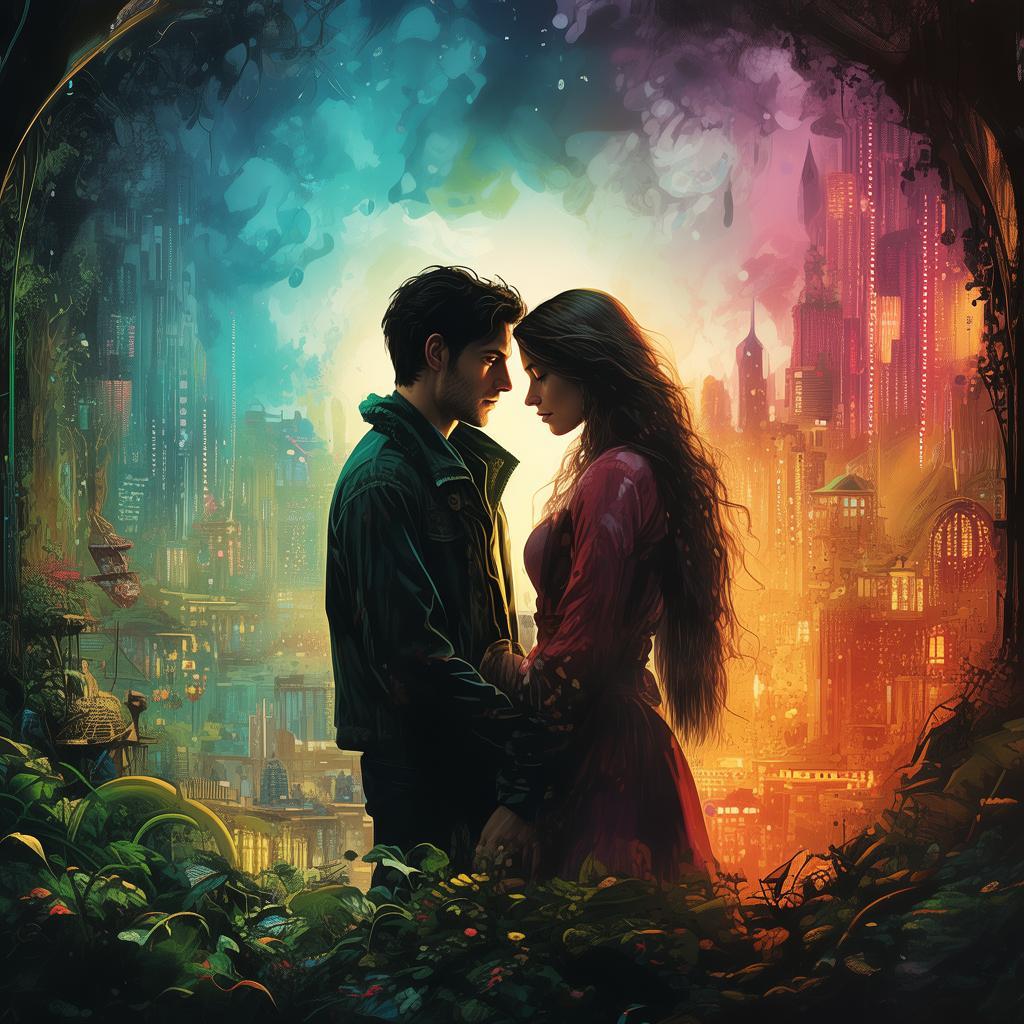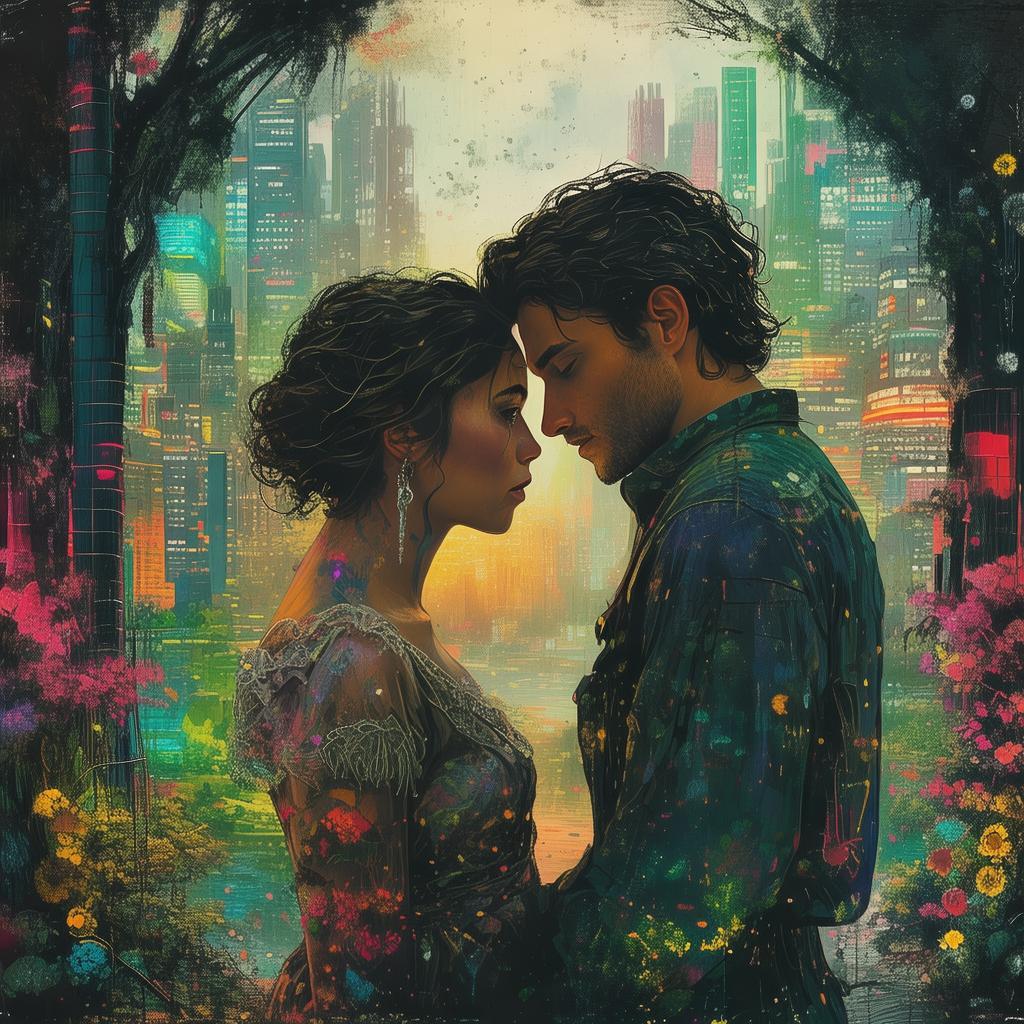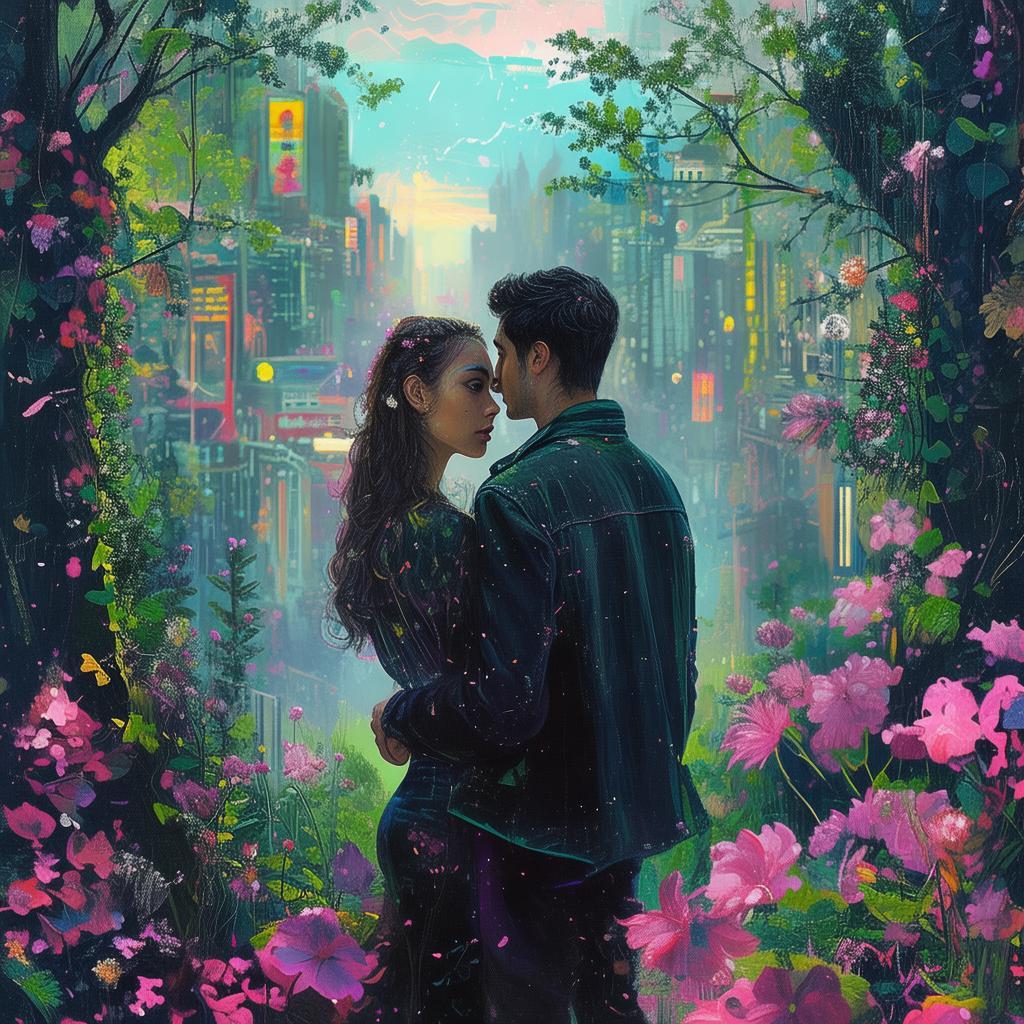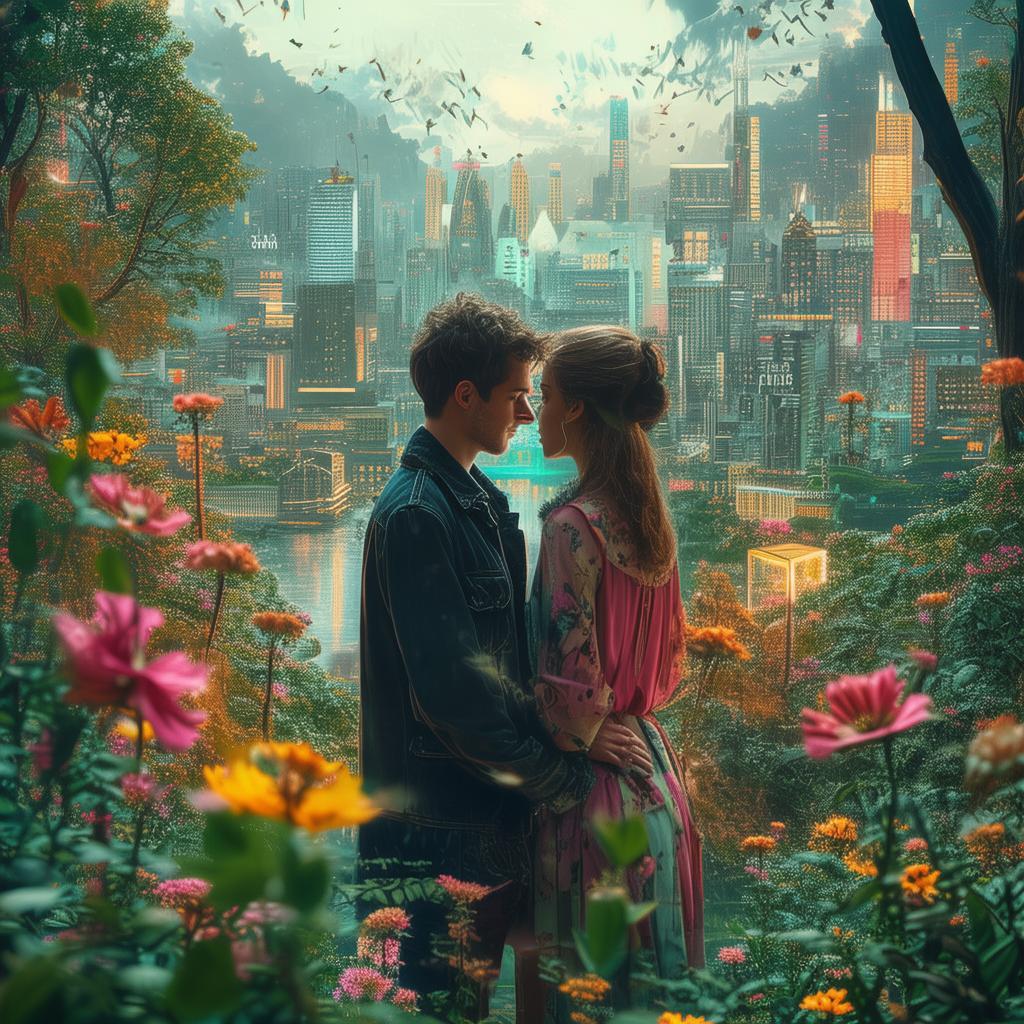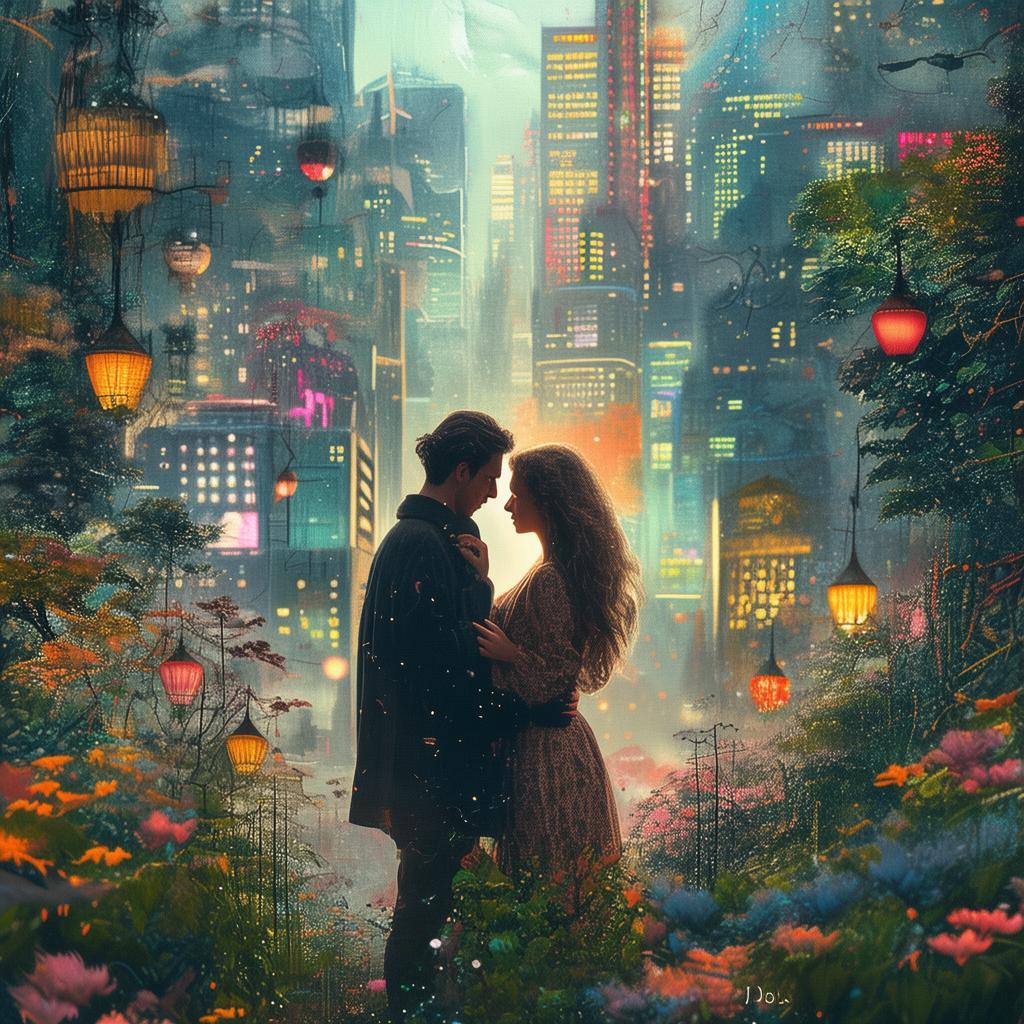The Love Letter That Echoed Through Time
In the heart of Paris, under the grand arcades of the Palais Garnier, a young violinist named Elise finds herself lost in the harmonies of her instrument. Her life, however, is about to change dramatically when she discovers an old, tattered letter tucked away in the corner of her attic. The letter, written in elegant, flowing script, tells of a forbidden love story between a composer and a singer during the 19th century.
The letter spoke of a melody, a tune that had been passed down through generations, but its origins remained a mystery. Intrigued, Elise felt a strange connection to the story. It was as if the melodies of the letter were calling to her, urging her to uncover the truth behind the love that had once been forbidden.
As Elise delves deeper into the story, she crosses paths with a renowned pianist, Thomas, who is also drawn to the melodies of the past. They are both musicians, but their lives take vastly different paths. Elise, the prodigy, has always been under the watchful eye of her overprotective father, who dreams of her becoming the next great violinist. Thomas, on the other hand, is a free spirit, his passion for music often overshadowing his responsibilities to his family.
The letter mentions a specific concert hall, the very same one where Elise performs, and a particular performance that never took place. As they search for clues, they find themselves entangled in a web of deceit, betrayal, and love that spans over a century.
One evening, as they stand before the grand piano, Elise and Thomas begin to play the melody from the letter. The notes flow effortlessly, intertwining their souls in a way they never imagined possible. It is as if the music itself is alive, carrying the weight of the past and the hopes of the future.
Elise's father, who has always disapproved of her interest in the letter, suddenly appears. He listens intently to the music, his face contorting with emotion. "This melody," he whispers, "is the heart of our family's history. It is a love story that was never meant to be."
The story unfolds, revealing the forbidden love between the composer, a man named Édouard, and the singer, a woman named Isolde. They were two souls bound by passion and music, yet their love was forbidden by society. Édouard, a rising star in the world of classical music, was forced to hide his feelings for Isolde, who was already engaged to a wealthy industrialist.
As the story progresses, Elise and Thomas find themselves drawn to each other, their connection growing stronger with each revelation. But their love is not without its challenges. Elise's father is determined to keep her on the path he has planned for her, while Thomas struggles with the knowledge that he cannot leave his family behind.
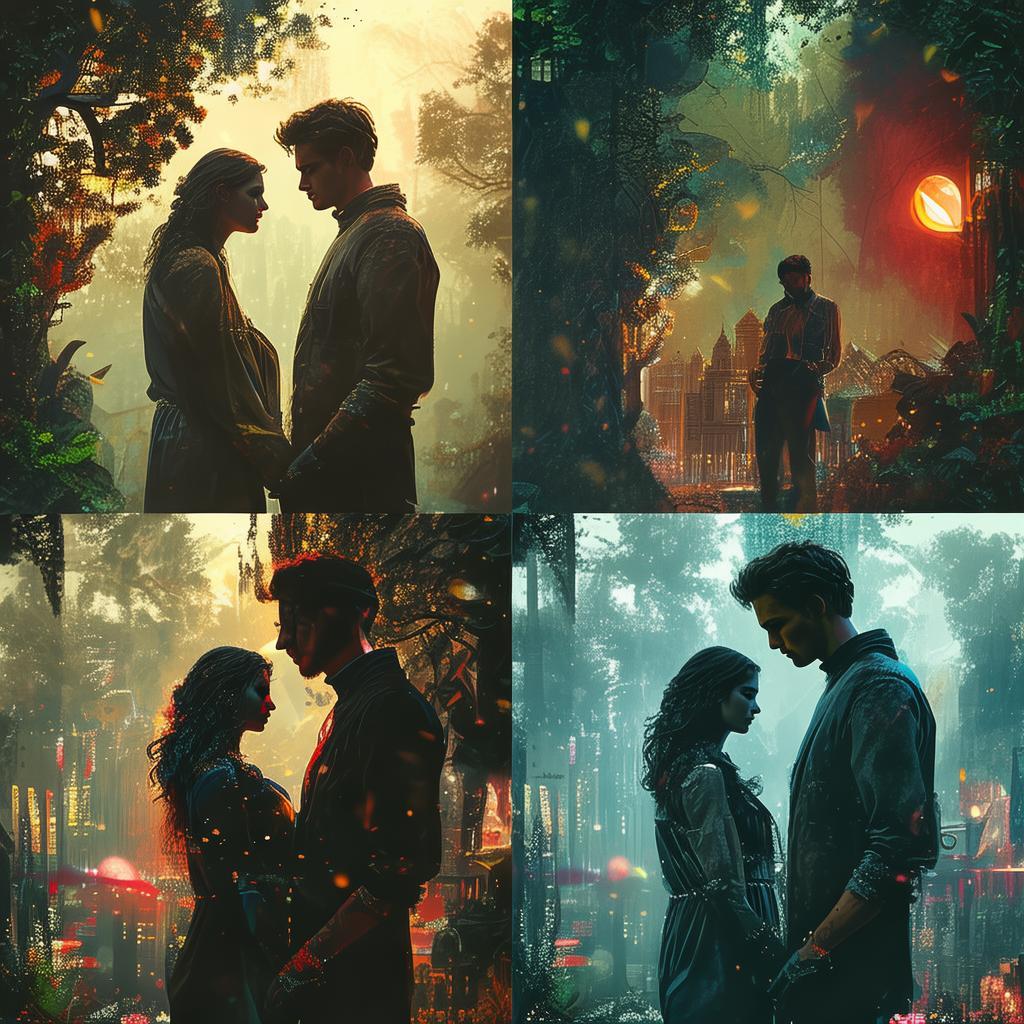
The climax of their story comes when they perform the forbidden melody at the very concert hall where it was supposed to have been played. The hall is filled with an audience, including Elise's father, who finally understands the depth of his daughter's passion. As the melody reaches its crescendo, Elise and Thomas lock eyes, and for a moment, time seems to stand still.
The performance is a triumph, and the audience is moved to tears. The forbidden love story, once lost to time, is now celebrated for its beauty and resilience. Elise and Thomas, having uncovered the truth, find themselves in a new love, one that is free from the constraints of the past.
In the end, Elise's father accepts his daughter's passion, and Thomas decides to leave his family to pursue his own dreams. The melody, once a symbol of forbidden love, now represents the power of music to bridge the gaps between time and love.
The story of Elise and Thomas, as well as Édouard and Isolde, becomes a legend, whispered through the ages. And as the melodies of the past continue to echo through time, they remind us that love, like music, is timeless.
✨ Original Statement ✨
All articles published on this website (including but not limited to text, images, videos, and other content) are original or authorized for reposting and are protected by relevant laws. Without the explicit written permission of this website, no individual or organization may copy, modify, repost, or use the content for commercial purposes.
If you need to quote or cooperate, please contact this site for authorization. We reserve the right to pursue legal responsibility for any unauthorized use.
Hereby declared.
